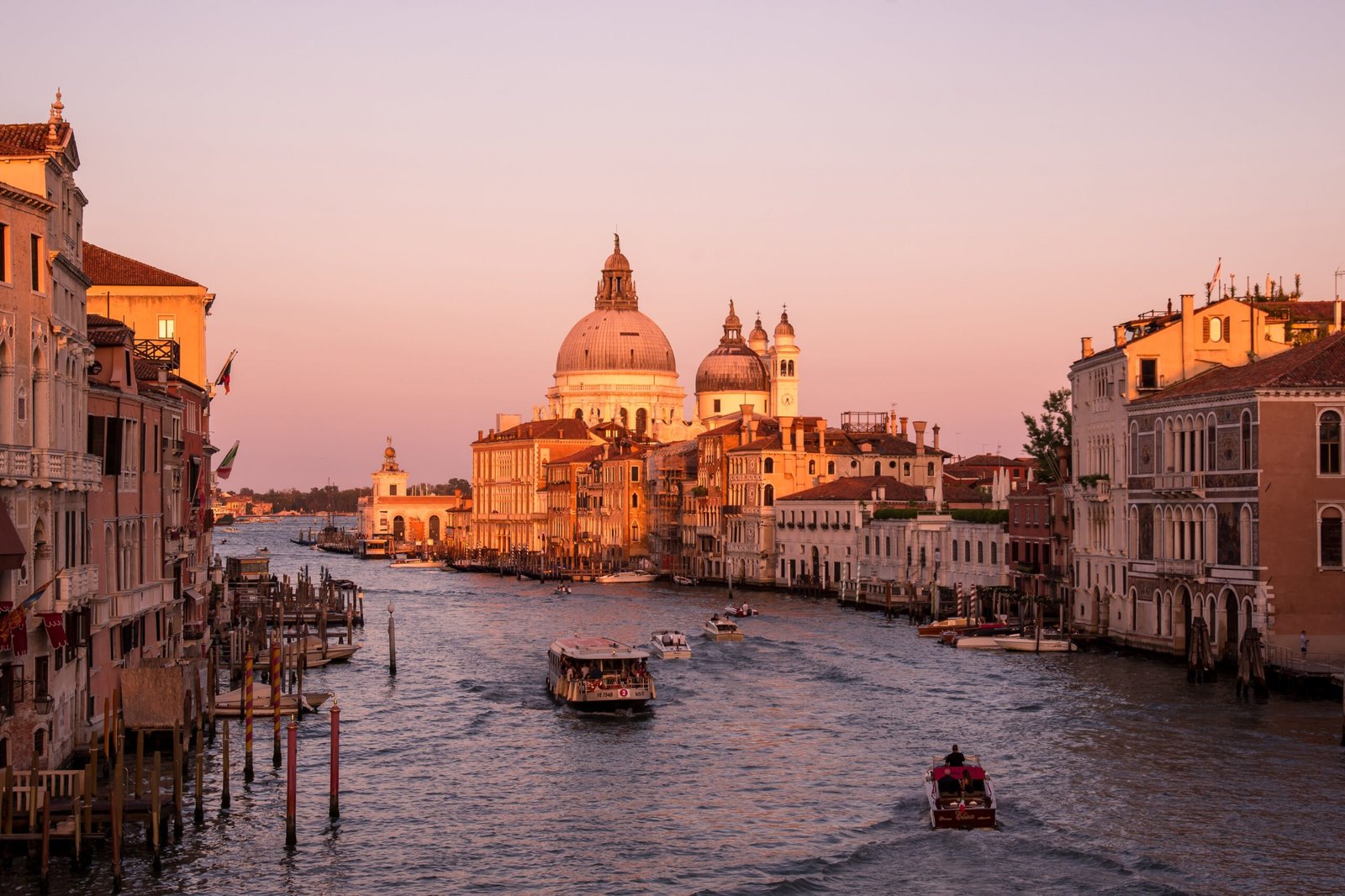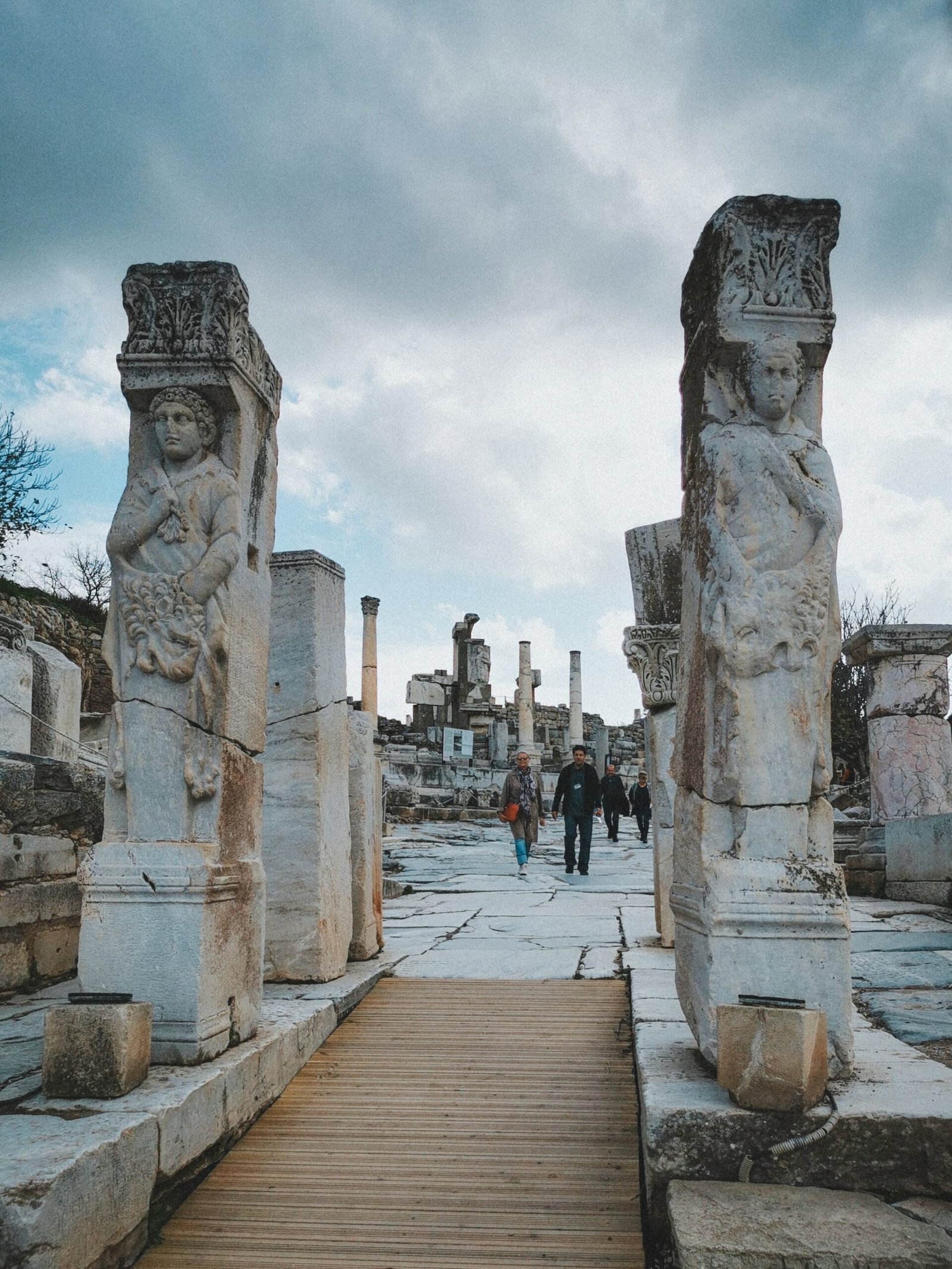
Planning a trip to the enchanting land of Ireland in 2023? Exciting news awaits! This article uncovers the latest updates on the travel requirements for visitors, ensuring a smooth and hassle-free journey. From visa regulations to pre-arrival COVID-19 testing, we’ll guide you through all the necessary steps to make your adventure in Ireland an unforgettable one. So get ready to immerse yourself in breathtaking landscapes, rich history, and warm Irish hospitality, as we delve into the essential details for your 2023 Ireland travel.
COVID-19 Travel Restrictions
Quarantine Requirements
When planning your trip to Ireland in 2023, it’s important to be aware of the COVID-19 travel restrictions and quarantine requirements. As of now, travelers arriving in Ireland from certain countries may be required to undergo a mandatory quarantine period upon arrival. The duration of the quarantine period may vary depending on the country of origin and the prevailing COVID-19 situation. It is advisable to check the latest information provided by the Irish government or contact the relevant authorities before making your travel arrangements.
Vaccination and Testing
In order to ensure the safety of both travelers and the local population, Ireland has implemented vaccination and testing requirements for visitors. Currently, all travelers are required to provide proof of full vaccination against COVID-19 or a negative PCR test result upon arrival. The specific details regarding the accepted vaccines and testing requirements may be subject to change, so it’s essential to stay updated with the latest information from the Irish government.
COVID-19 Travel Passports
To streamline the check-in process and facilitate smoother travel, Ireland is introducing COVID-19 travel passports. These passports will serve as a digital proof of vaccination, allowing travelers to easily present their vaccination status when entering the country. It is advisable to ensure that you have obtained the necessary documentation and have it readily accessible on your digital device or printed copy before your travel date.
Passport and Visa
Passport Validity
When traveling to Ireland in 2023, it’s crucial to ensure that your passport is valid for at least six months beyond your planned departure date. This requirement is essential to comply with international travel regulations and to ensure a hassle-free journey. Before embarking on your trip, take a moment to check the expiration date of your passport and renew it if necessary.
Visa Requirements
Ireland operates a visa waiver program for many nationalities, allowing visitors to enter the country for tourism and business purposes without obtaining a visa beforehand. However, some nationalities are required to obtain a visa before traveling to Ireland. It is important to check the official Irish government website or consult with the embassy or consulate of Ireland in your home country to determine if you need a visa for your visit.
Electronic Travel Authorization (ETA)
In addition to visa requirements, certain travelers may need to apply for an Electronic Travel Authorization (ETA). The ETA allows individuals from certain countries to travel to Ireland without a visa for a short period of time. The application process is relatively straightforward and can typically be done online. Make sure to check the Irish government’s official website for the most up-to-date information regarding ETA requirements and application procedures.

Health and Insurance
Travel Insurance
It is highly recommended to obtain comprehensive travel insurance that covers medical expenses, trip cancellation or interruption, and other unforeseen events. Travel insurance not only provides financial protection in case of emergencies but also offers peace of mind knowing that you are prepared for any unexpected situations. Before purchasing travel insurance, carefully review the coverage options and ensure that it meets your specific needs.
Health Regulations
To ensure the safety of all travelers and the local population, it’s important to adhere to the health regulations set forth by the Irish government. This may include wearing masks in certain public settings, practicing social distancing, and following any specific guidelines or restrictions in place due to COVID-19. Stay informed about the latest health regulations before and during your visit to Ireland to ensure a safe and enjoyable trip.
COVID-19 Precautions
In light of the ongoing pandemic, it is essential to take appropriate COVID-19 precautions during your visit to Ireland. This may include frequent handwashing, using hand sanitizers, maintaining social distancing, and following any specific guidelines provided by local authorities. It is important to monitor the COVID-19 situation in Ireland and comply with any additional measures that may be in effect during your travel dates.
Transportation
Air Travel
If you plan on traveling to Ireland in 2023, air travel is the most common and convenient mode of transportation. Ireland is well-connected to major international airports, making it easily accessible from various countries around the world. Numerous airlines operate regular flights to and from Ireland, providing travelers with a range of options to choose from. Be sure to book your flights well in advance to secure the best deals and preferred travel dates.
Public Transportation
Once you arrive in Ireland, public transportation is an efficient and affordable way to get around the country. Ireland has an extensive network of buses and trains that connect major cities and towns, offering picturesque views of the countryside along the way. It is advisable to check the schedules and fares in advance to plan your itinerary and ensure smooth transitions between destinations during your trip.
Driving in Ireland
For those who prefer the flexibility and independence of having their own vehicle, renting a car is a popular choice in Ireland. Driving in Ireland allows you to explore the beautiful landscapes at your own pace and discover hidden gems off the beaten path. However, it’s important to familiarize yourself with the local driving regulations, such as driving on the left-hand side of the road, obtaining the necessary licenses, and understanding the road signs and traffic rules.

Accommodation
Hotels and Guesthouses
Ireland offers a wide range of accommodation options to suit various preferences and budgets. Hotels and guesthouses are popular choices for travelers seeking comfort and convenience during their stay. From luxurious five-star hotels to cozy bed and breakfasts, you can find accommodations that cater to your specific needs and preferences. It is advisable to book your accommodations in advance, especially during peak travel seasons, to ensure availability.
Bed and Breakfasts
Bed and breakfasts (B&Bs) provide a unique and personalized experience for travelers in Ireland. These establishments are typically family-run and offer comfortable rooms and homemade breakfasts, giving you a taste of Irish hospitality. Staying in a B&B allows you to immerse yourself in the local culture and engage with the hosts, who can provide valuable insights and recommendations for exploring the surrounding areas.
Self-Catering Accommodations
Self-catering accommodations, such as vacation rentals and holiday cottages, are ideal for travelers who prefer the flexibility and independence of having their own space. These accommodations typically come equipped with kitchens or kitchenettes, allowing you to prepare your own meals and experience a home-away-from-home environment. Self-catering accommodations can be found in various locations across Ireland, from vibrant cities to quiet countryside retreats.
Currency and Finances
Currency Exchange
When visiting Ireland in 2023, the official currency is the Euro (EUR). It is advisable to exchange your currency for Euros before your trip or upon arrival at the airport or local banks. It’s a good idea to have some cash on hand for smaller purchases and establishments that may not accept credit cards. Be sure to check the exchange rates and fees charged by different exchange providers to get the best value for your money.
Credit Cards
Credit cards are widely accepted in Ireland, making them a convenient and secure payment option. Most hotels, restaurants, and retail establishments accept major credit cards, including Visa, Mastercard, and American Express. It is advisable to inform your credit card provider about your travel plans to ensure uninterrupted usage and to inquire about any foreign transaction fees or additional charges that may apply during your trip.
ATMs and Banking
ATMs (Automated Teller Machines) are readily available throughout Ireland, allowing you to withdraw cash in Euros using your debit or credit card. It’s important to notify your bank or financial institution about your travel plans to avoid any potential issues with card usage abroad. Familiarize yourself with any withdrawal limits or fees associated with international ATM transactions to plan your finances accordingly.

Weather and Packing
Seasonal Considerations
Ireland’s weather is known for its variability, so it’s important to consider the season and pack accordingly. In the summer months (June to August), the weather is generally mild with occasional rain showers. Spring (March to May) and autumn (September to November) experience cooler temperatures but can still provide pleasant weather for outdoor activities. Winter (December to February) is the coldest season, with chances of rain, wind, and occasional snow. Be sure to check the weather forecast before your trip and pack appropriate clothing for the season.
Clothing and Footwear
Regardless of the season, it’s advisable to pack layers of clothing that can be easily added or removed to adapt to changing weather conditions in Ireland. A waterproof jacket or coat is essential to stay dry during rain showers. Comfortable walking shoes or boots are recommended, especially if you plan on exploring the countryside or participating in outdoor activities. Don’t forget to pack a hat, gloves, and a scarf for extra warmth during colder months.
Essential Items
In addition to clothing, there are a few essential items you should consider packing for your trip to Ireland. A universal power adapter is essential to charge your electronic devices, as Ireland uses a different electrical outlet standard than many other countries. A reusable water bottle is encouraged, as tap water in Ireland is safe to drink. It’s also a good idea to bring a small backpack or daypack for carrying essentials during day trips or outings.
Attractions and Sightseeing
Popular Tourist Spots
Ireland is renowned for its breathtaking landscapes and rich cultural heritage, making it a popular destination for travelers. Some of the must-visit tourist spots in Ireland include the Cliffs of Moher, the Ring of Kerry, the Giant’s Causeway, and the vibrant cities of Dublin, Galway, and Cork. These attractions offer a glimpse into Ireland’s natural wonders, historical sites, and bustling urban centers. Plan your itinerary in advance to ensure you have enough time to explore these iconic destinations.
Historical Sites
Ireland is steeped in history, with numerous historical sites that showcase its fascinating past. From ancient burial tombs like Newgrange and Knowth to medieval castles such as Blarney Castle and Bunratty Castle, history enthusiasts will find plenty to explore. Consider visiting the Rock of Cashel, the Hill of Tara, or the historical Dublin Castle to immerse yourself in Ireland’s rich cultural heritage and discover the stories behind these remarkable landmarks.
Natural Wonders
Nature lovers will be in awe of Ireland’s natural wonders, which include breathtaking landscapes and serene coastal vistas. The Cliffs of Moher, located on the western coast, offer dramatic views of the Atlantic Ocean and are a testament to the country’s rugged beauty. The Giant’s Causeway in Northern Ireland is a UNESCO World Heritage Site renowned for its unique hexagonal basalt columns. The stunning landscapes of the Connemara National Park and the Ring of Kerry should also be on every traveler’s bucket list.
Local Customs and Etiquette
Greetings and Politeness
Irish people are known for their friendliness and hospitality, and a warm greeting is highly valued. When meeting someone, a simple handshake and a friendly “hello” or “good day” are appropriate. It is also customary to say “goodbye” or “take care” when leaving. When engaging in conversation with locals, maintaining eye contact and actively listening are considered polite gestures. Irish people appreciate politeness, so remember to say “please” and “thank you” when interacting with others.
Tipping and Service Charges
Tipping is a common practice in Ireland, especially in restaurants, hotels, and for certain services. In restaurants, a tip of around 10-15% of the total bill is customary, but it is always at the discretion of the individual. Some establishments may include a service charge in the bill, so it’s a good idea to check before adding an additional tip. When receiving services such as taxis, tour guides, or hotel staff, it is customary to offer a small gratuity as a token of appreciation.
Alcohol and Pub Culture
Ireland is famous for its pub culture, and enjoying a pint of Guinness or a traditional Irish whiskey is a popular pastime for both locals and visitors. Pubs are not just places to enjoy a drink but also socialize and experience Irish culture. When visiting a pub, it is customary to order at the bar and wait to be served. It’s also common to engage in conversations with the locals or join in on a traditional Irish music session. Always drink responsibly and be mindful of the local drinking customs.
Language and Communication
Official Languages
In Ireland, the official languages are Irish (Gaeilge) and English. While Irish is the first official language, English is widely spoken and understood throughout the country. English is the primary language used in everyday communication, making it convenient for travelers. However, you may come across signs, place names, or greetings in Irish, especially in Gaeltacht regions. Learning a few basic Irish phrases, such as “Dia duit” (hello) or “Sláinte” (cheers), can add to your cultural experience and be appreciated by the locals.
Common Phrases
When interacting with locals or exploring Ireland, it’s always helpful to know a few common phrases in the local language. Here are a few useful phrases:
- Hello: Dia duit (dee-ah gwit)
- Thank you: Go raibh maith agat (guh row mahh ah-gut)
- Goodbye: Slán (slawn)
- Excuse me: Gabh mo leithscéal (gahv muh lesh-kale)
- Where is…?: Cá bhfuil…? (kaw will)
- Cheers!: Sláinte! (slawn-cha)
Internet and Phone Connectivity
Internet and phone connectivity in Ireland are generally reliable, with extensive coverage across the country. Many accommodations, cafes, and restaurants offer free Wi-Fi, allowing you to stay connected and share your travel experiences with friends and family. If you prefer to have constant internet access on the go, consider purchasing a prepaid SIM card or an international data plan from your service provider before your trip.





